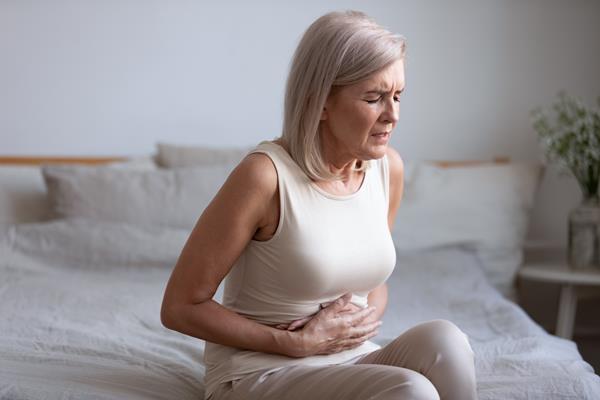The symptoms of ovarian cysts include pressure, swelling, and bloating.
It is possible they can cause irregular periods and pain during sex or during your period. If you are experiencing severe abdominal pain, you should seek medical care at once.
Ovarian Cysts are fluid-filled sacs or pockets in an ovary or on its surface. Women have two ovaries, each about the size and shape of an almond on each side of the uterus. Many women have an ovarian cyst at some time. Most ovarian cysts present little or no discomfort and are harmless. The majority disappear without treatment within a few months.
However, ovarian cysts – especially those that have ruptured – can cause serious symptoms. To protect your health, the doctors at OBGYN Associates recommend scheduling regular pelvic exams and know the symptoms that can signal a potentially serious problem.
There are two types of functional cysts:
- Follicular cyst. Around the midpoint of your menstrual cycle, an egg bursts out of its follicle and travels down the fallopian tube. A follicular cyst begins when the follicle doesn’t rupture or release its egg but continues to grow.
- Corpus luteum cyst. When a follicle releases its egg, it begins producing estrogen and progesterone for conception. This follicle is now called the corpus luteum. Sometimes, fluid accumulates inside the follicle, causing the corpus luteum to grow into a cyst.
Functional cysts are usually harmless, rarely cause pain, and often disappear on their own within two or three menstrual cycles.
Although there’s no way to prevent ovarian cysts, regular pelvic exams help ensure that changes in your ovaries are diagnosed as early as possible. Talk to your doctor about changes that concern you.

